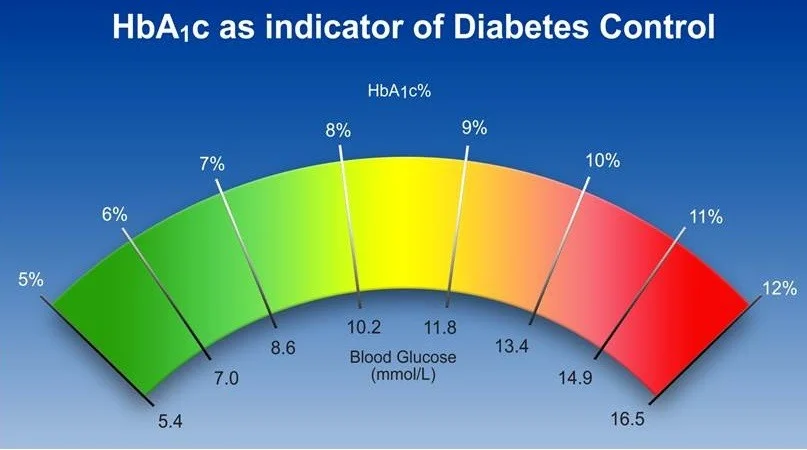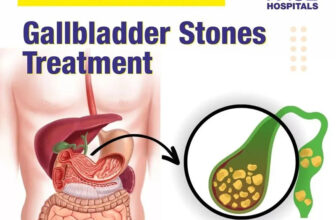
Diabetes and heart disease are closely connected, with diabetes significantly increasing the risk of cardiovascular complications. Understanding the role of HbA1C and how it relates to well-controlled diabetes is essential for managing this risk and maintaining overall health.
What is HbA1C?
HbA1C, also known as glycated hemoglobin, is a blood test that measures your average blood sugar levels over the past two to three months. It provides a clear picture of long-term glucose control and helps doctors assess the risk of diabetes-related complications, including heart disease. For most individuals with diabetes, an HbA1C level below 7% is considered well-controlled. However, specific targets may vary based on individual health conditions and recommendations from healthcare professionals.
The Link Between Diabetes and Heart Disease
People with diabetes are two to four times more likely to develop heart disease than those without the condition. High blood sugar levels can damage blood vessels and nerves that control the heart, leading to complications like coronary artery disease, heart failure, and stroke. Poorly controlled diabetes further amplifies these risks, making it crucial to manage blood sugar levels effectively.
What is Well-Controlled Diabetes?
Well-controlled diabetes means maintaining blood sugar levels within a target range set by your healthcare provider. This involves a combination of healthy eating, regular exercise, medication adherence, and routine monitoring of blood glucose levels. An HbA1C test is a critical part of this process, as it indicates how effectively your diabetes management plan is working.
Achieving well-controlled diabetes not only reduces the risk of complications but also improves overall quality of life. It can lower the likelihood of heart disease, kidney damage, and nerve problems, helping you lead a healthier life.
Tips for Managing Diabetes and Protecting Heart Health
- Monitor HbA1C Levels: Regularly check your HbA1C levels and discuss results with your doctor. Adjust your treatment plan as needed to stay within the target range.
- Adopt a Heart-Healthy Diet: Focus on foods rich in fiber, lean proteins, and healthy fats. Limit sugar, salt, and processed foods to reduce the risk of heart disease.
- Stay Active: Aim for at least 30 minutes of moderate exercise most days of the week. Physical activity helps control blood sugar levels and strengthens your heart.
- Take Medications as Prescribed: Follow your doctor’s advice on diabetes and heart medications. Missing doses can lead to uncontrolled blood sugar and increased heart risks.
- Manage Stress: High-stress levels can affect blood sugar and heart health. Practice relaxation techniques like meditation or yoga.
- Regular Check-ups: Visit the best heart specialist in Pune or consult experts at the best cardiologist hospital in Pune to monitor your heart and diabetes health.
Why Choose Expert Care?
Managing diabetes and heart disease requires specialized care. Consulting the best cardiologist in Pune ensures you receive personalized treatment plans tailored to your needs. Comprehensive care from top specialists can help you achieve well-controlled diabetes and reduce the risk of heart complications.
At Hridaymitra Cardiac Clinic, we provide expert guidance on managing diabetes-related heart risks. Our team is dedicated to ensuring your heart and overall health are in the best hands. Don’t wait to take control of your health—schedule a consultation today.







